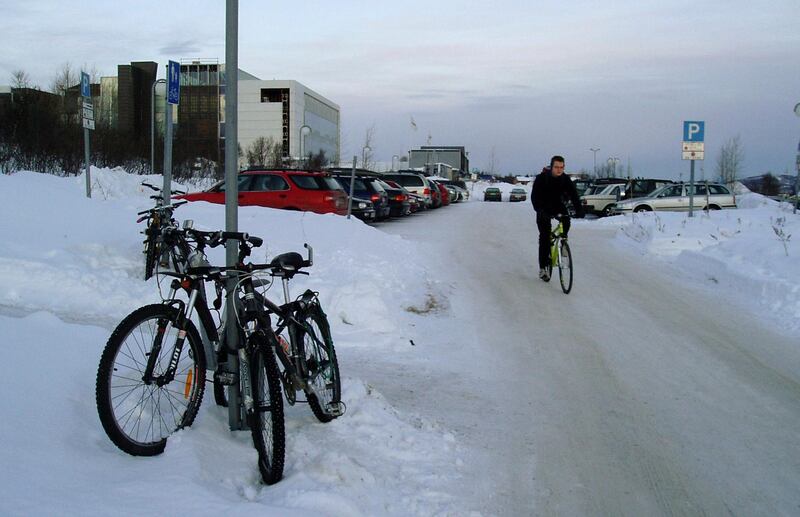A Norwegian island where the sun doesn’t set for 69 days a year wants to abolish normal timekeeping ideals to maximise their long summer days.
Residents of Sommaroey want to go “time-free” and do away with conventional business hours from May 18 to July 26, when 24 hours a day it is always light.
Earlier this month local man Kjell Ove Hveding held talks with a Norwegian MP and presented a petition signed by dozens of islanders in support of the move.
"It's a bit crazy, but at the same it is pretty serious," he told AP.
Discarding traditional time keeping “is a great solution but we likely won’t become an entirely time-free zone as it will be too complex,” Mr Hveding said. “But we have put the time element on the agenda, and we might get more flexibility ... to adjust to the daylight.”
“The idea is also to chill out. I have seen people suffering from stress because they were pressed by time.”
Only 350 people live in Sommaroey, which lies north of the Arctic Circle, with tourism and fishing its main industries. From November to January, the village stays dark. The idea behind the time-free zone is that disregarding timepieces would make it easier for residents, especially students, employers and workers, to make the most of the precious months when the opposite is true.
Finland last year lobbied for the abolition of European Union daylight savings time after a citizens’ initiative collected more than 70,000 signatures.
With additional reporting from AP







